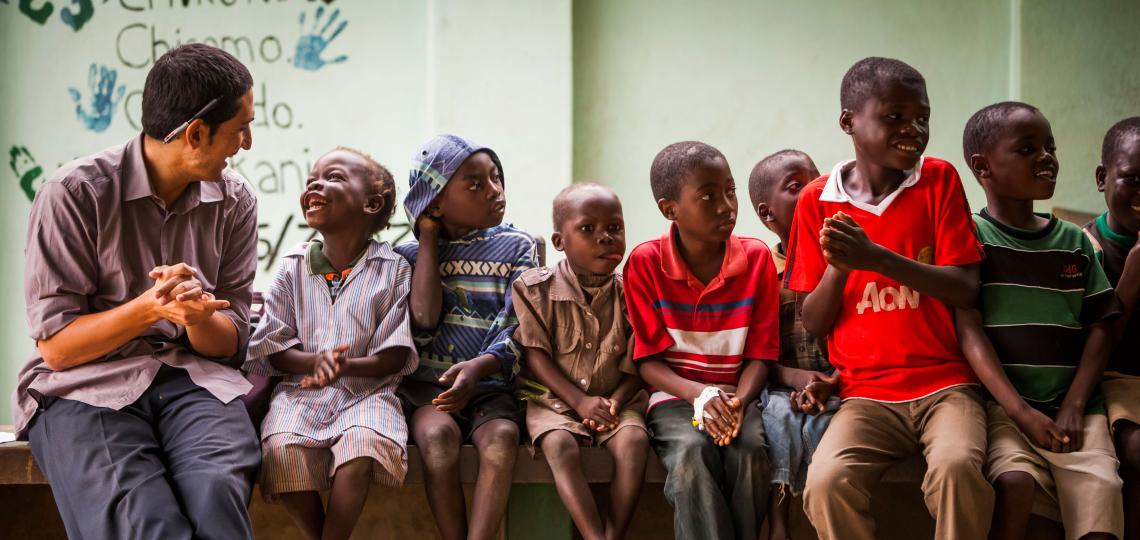Our alumni are making meaningful contributions across the globe, contributing to groundbreaking initiatives in global health, policy-making, global health education, and frontline healthcare delivery. Whether addressing health inequities locally or globally, they embody the mission of the Dr. Kelly DeScioli Global Child Health Pediatrics Residency Program to lead with compassion, expertise, and a commitment to ethical global health practices.
Where Are They Now?
Over 60% of our graduates choose to further their expertise through pediatric subspecialty fellowship training, bringing their global health experience to various subspecialties. Others find their calling in primary care, where they apply their global health training to enhance care delivery in diverse communities both locally and globally.
Our alumni have also gone on to work with some of the world’s most prestigious organizations, including:
- Médecins Sans Frontières (MSF)
- Centers for Disease Control and Prevention (CDC)
- United States Agency for International Development (USAID)
First Job or Training Program Post-Residency, Graduates of the Baylor College of Medicine Global Child Health Residency Program (2010-2024) n=49
| Position | Number (%) |
|---|---|
| Training Programs | 34 (69%) |
| Pediatric Sub-Specialty Fellowships | 32 (65%) |
| Emergency Medicine | 7 (14%) |
| Critical Care Medicine | 4 (8%) |
| Hematology-Oncology | 3 (6%) |
| Academic General Pediatrics | 2 (4%) |
| Neonatology | 2 (4%) |
| Infectious Disease | 3 (6%) |
| Gastroenterology and Hepatology | 3 (6%) |
| Cardiology | 2 (4%) |
| Palliative Care | 2 (4%) |
| Child Abuse | 1 (2%) |
| Hospital Medicine | 2 (4%) |
| Endocrinology | 1 (2%) |
| Stand-Alone Global Health Fellowships | 1 (2%) |
| Second Residency Programs | 1 (2%) |
| Preventive Medicine Residency | 1 (2%) |
| Clinical Practice or Other Job | 15 (31%) |
| Primary Care Practice | 8 (16%) |
| Hospital Medicine | 4 (8%) |
| General Pediatrician in Emergency Room | 1 (2%) |
| Non-Governmental Organizations | 2 (4%) |
Testimonials: Hear From Our Alumni
Our alumni's experiences speak volumes about the value and impact of our program. Select alumni share how the Dr. Kelly DeScioli Global Child Health Pediatrics Residency Program shaped their careers and prepared them to tackle the complex challenges of global child health.
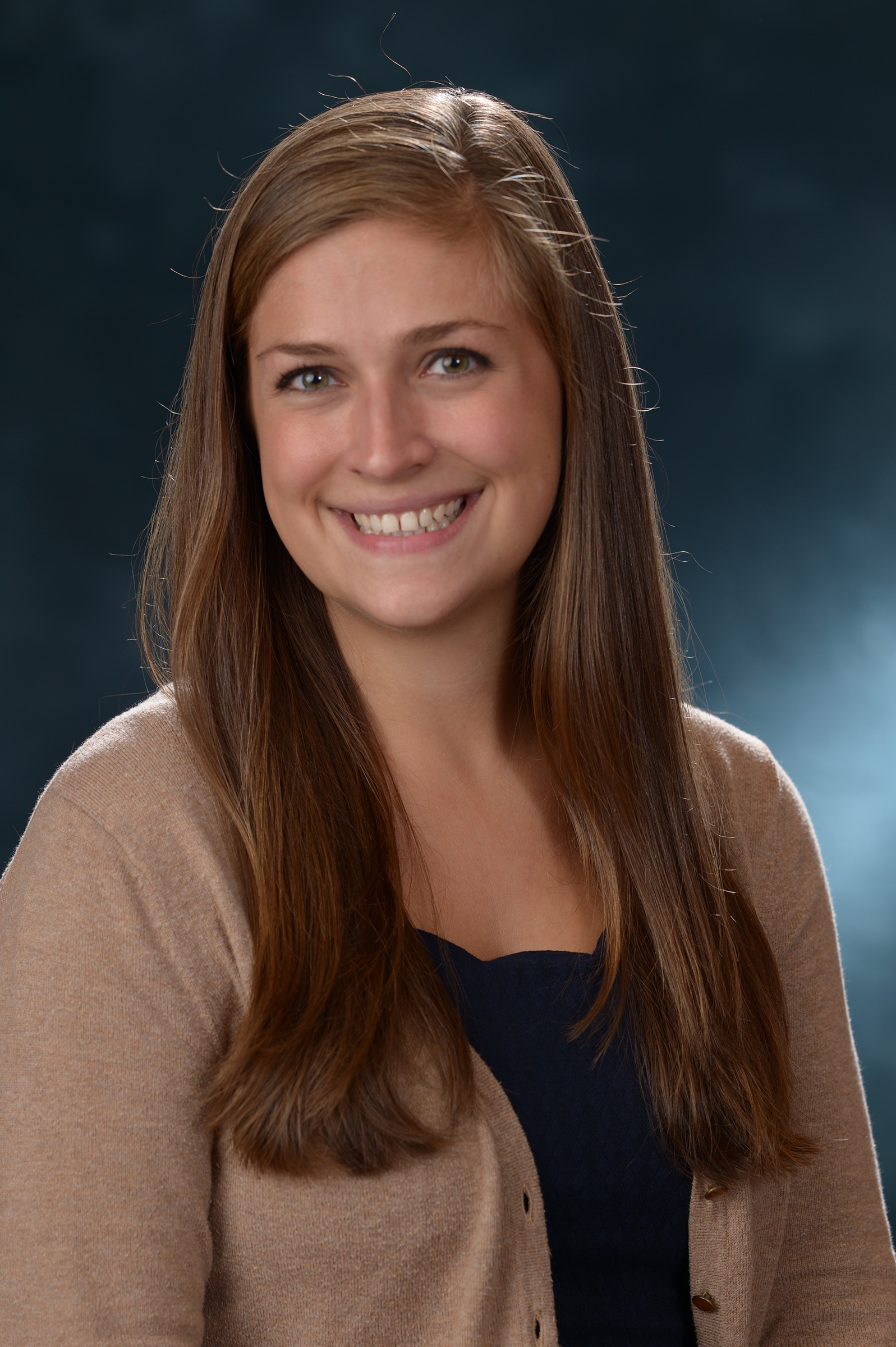
GH site: Uganda
Summarize what you’ve done since graduating residency: Since completing residency I have completed my pediatric gastroenterology, hepatology and nutrition fellowship where I was able to develop and implement the first formal global health clinical niche track in pediatric gastroenterology, hepatology and nutrition fellowship. I also was able to build off of my experiences and relationships developed during my residency to develop my scholarly project for fellowship performing a multinational study assessing hepatitis B screening rates and prevalence among people living with HIV across 7 Baylor International Pediatric AIDS Initiative centers across sub-Saharan Africa.
How did the Pediatrics/Global Child Health Residency prepare you for a career in global health? My experiences during residency laid the foundation for the development of my global health research during my fellowship by providing me with international perspective, expertise, and relationships to be successful. The incredibly unique experience in residency has provided me with a broad network of mentors who are global health experts both locally and internationally, and empowered me to take bold steps to uniquely incorporate global health into my career that I would not have dreamed possible without the experiences in my global child health residency.
Featured post-residency activities: Pediatric gastroenterology fellowship and established formal global health clinical niche track in fellowship; research on malnutrition & hepatitis B.
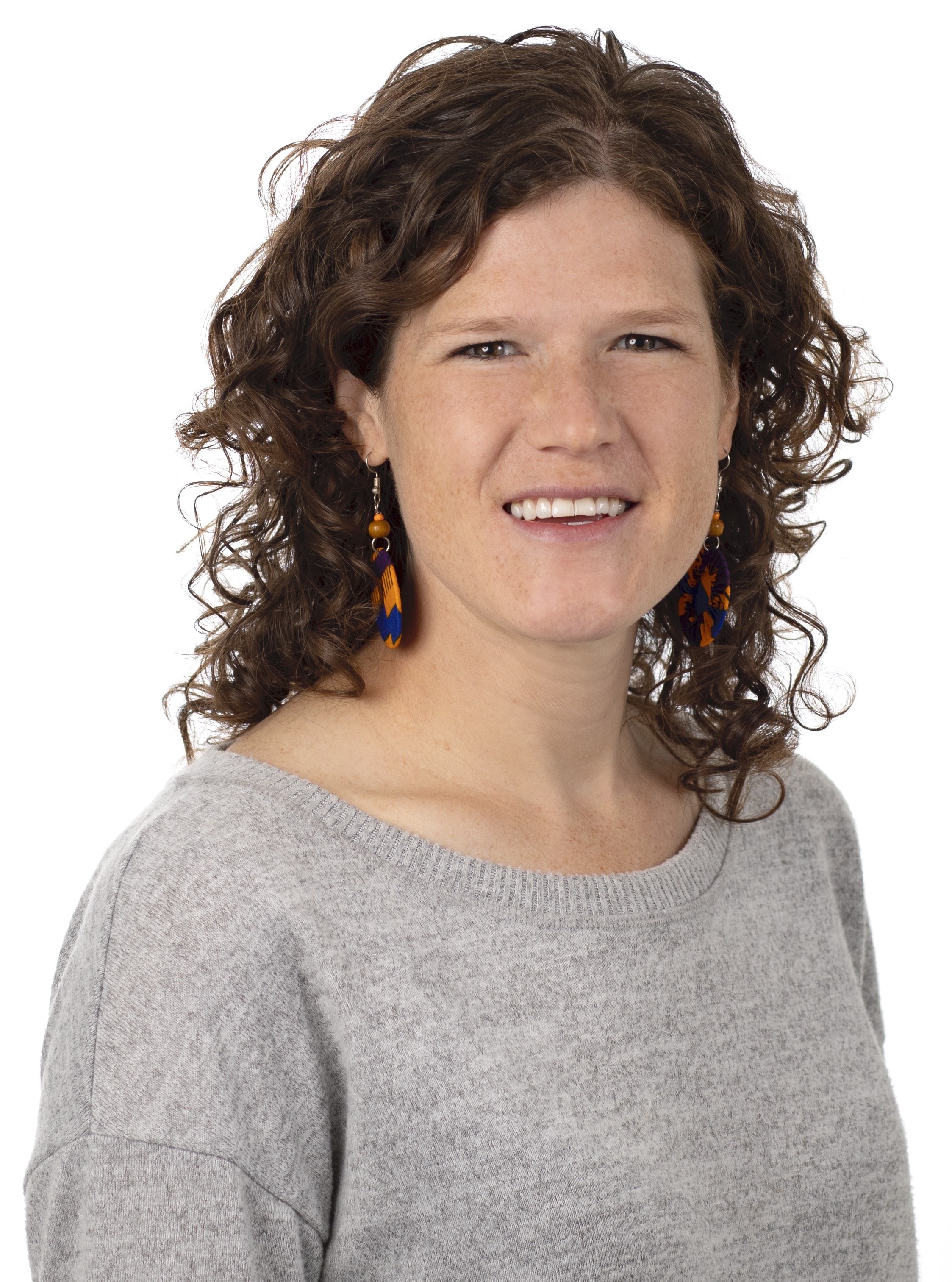
GH site: Lesotho
Summarize what you’ve done since graduating residency: I completed a Pediatric Emergency Medicine-Global Health Fellowship at the University of Utah, then completed a Fogarty Global Health Research Fellowship Year. I used the data gained during this year as preliminary data for my successful K23 Career Development Award funded by NICHD of the NIH studying the implementation of a health systems intervention to reduce delays to care in pediatric injury patients in Northern Tanzania. I also am the Program Director of the University of Utah PEM-GH Fellowship Track.
How did the Pediatrics/Global Child Health Residency prepare you for a career in global health? The Pediatrics/Global Child Health Residency was an extremely impactful experience leading me to my career in global health, as my time in Lesotho helped me realize that I was interested in Pediatric Emergency Medicine and research as a way to make systemic change and improve lives.
Featured post-residency activities: Pediatric Emergency Medicine-Global Health Fellowship; Fogarty Global Health Research Fellowship; NIH-funded research on pediatric injury in Tanzania; Program Director for University of Utah PEM-GH Fellowship Track.
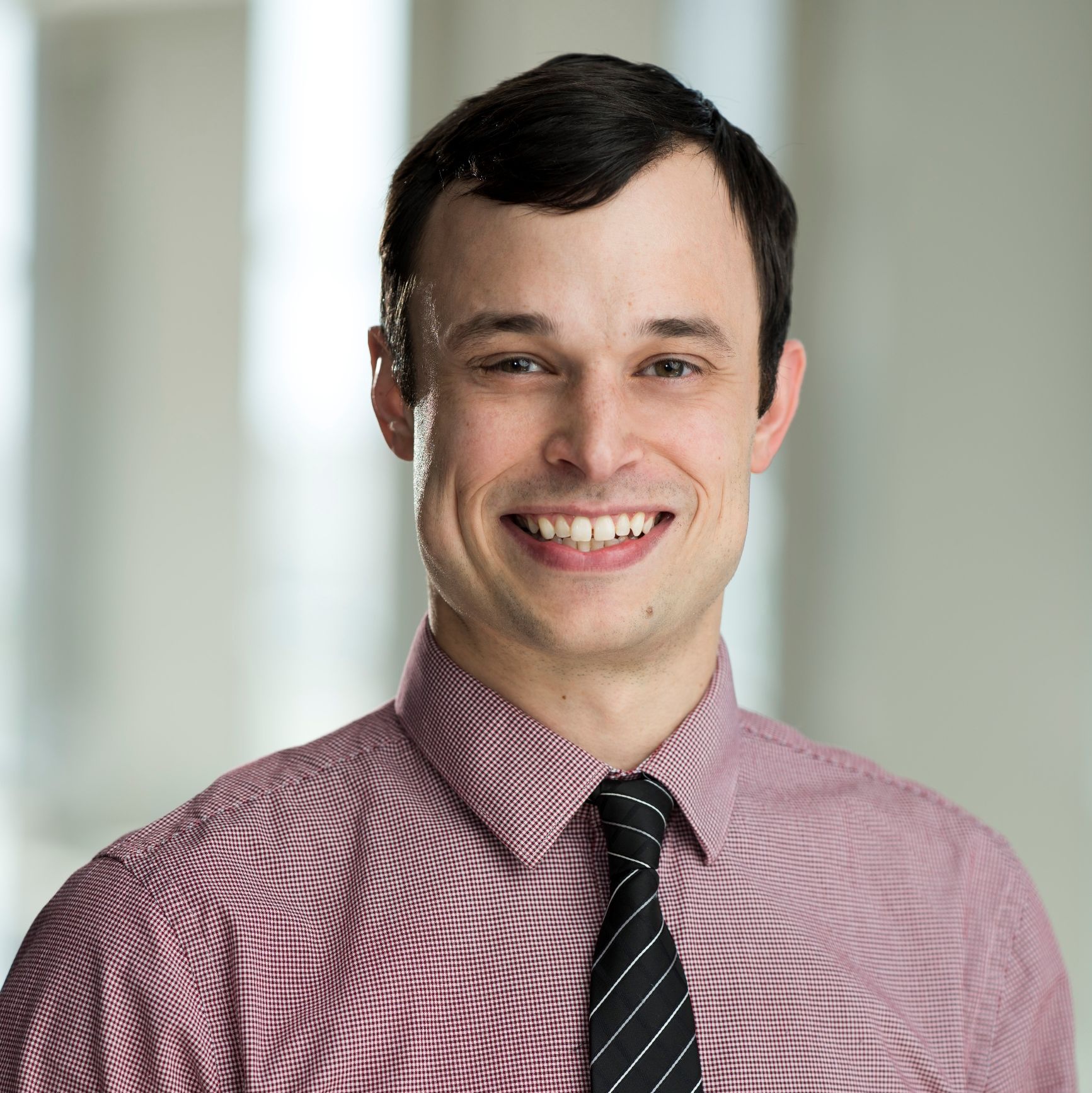
GH site: Romania
Summarize what you’ve done since graduating residency: I pursued and completed a Neonatal-Perinatal Medicine Fellowship at Baylor College of Medicine and Texas Children’s Hospital where I also obtained a Masters in Education focusing on Curriculum and Instruction development related to global health. I then accepted a job as a Neonatologist at the University of Washington and Seattle Children’s Hospital in Seattle, Washington where I am a Physician Scientist with a focus on improving outcomes of newborns and their parents in low-resourced settings globally. My research focuses on two main areas: (1) prevention of preterm birth and other adverse pregnancy and neonatal outcomes through targeted, affordable and accessible interventions in pregnancy and (2) optimizing nutrition during the fetal-to-neonatal transitional period among preterm newborns to improve both short- and long-term outcomes of those born preterm. I have also been privileged to serve as a consultant for the World Health Organization focusing on improving quality of care for newborns globally.
How did the Pediatrics/Global Child Health Residency prepare you for a career in global health? My training within the Baylor College of Medicine Pediatrics & Global Child Health Residency was the most rewarding and best part of my entire training from medical school through fellowship. Being a member of a smaller program (the Global Child Health Residency) within a larger categorical pediatrics residency at a world renowned, high-volume Children’s Hospital allowed for me to have a strong community with like-minded people, experts, and leaders in the field of pediatric global health. Living abroad in Romania for a year and then subsequently traveling to Lesotho and Malawi provided unique opportunities to both learn the intricacies and nuances of global health in different cultures and contexts. Ultimately, this training was the strong foundation in which I built my career as it stands to this day – being a neonatal intensive care physician scientist with a focus on making healthcare affordable and accessible to overcome health disparities and inequities for all newborns and their parents worldwide.
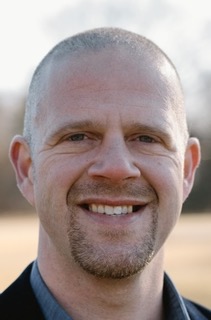
GH site: Malawi
Summarize what you’ve done since graduating residency: In 2020, I started peds infectious diseases fellowship at University of Wisconsin, and I’m now completing that program. During fellowship, in addition to excellent clinical training, I dove more seriously into developing skills as a clinical researcher. I continued working with mentors and partners from my time as a Global Child Health resident to secure funding from the Thrasher Research Foundation and Pediatric Infectious Diseases Society to implement two prospective clinical studies in Malawi. Attracted to another detour in my training that would allow me to spend a full year working in Malawi, I took a year off from peds ID training to work under Dr. Tisungane Mvalo at UNC Project to implement a research project as a Fogarty Global Health Fellow. In July, I’ll start a faculty position with Michigan State University. That position will have my family and I in Blantyre, Malawi about half the year where I will supervise visiting American medical students on elective rotations at Queen Elizabeth Central Hospital, help clinically on the Queen’s pediatric ward, teach at Kamuzu University of Health Sciences, and try to implement impactful clinical research with local partners.
How did the Pediatrics/Global Child Health Residency prepare you for a career in global health? In terms of both training/growth and contributing to improved child health (whether it be through patient care, medical education, research, or program implementation) there’s no substitute for being embedded in a “global health” setting over a longer period of time. It takes times to develop relationships with local collaborators and partners, understand how a system works (or fails to work), and develop and implement project ideas. The immersive experience of being in Malawi for 12 months set the stage for what I’ve done during fellowship and plan to do throughout my career.
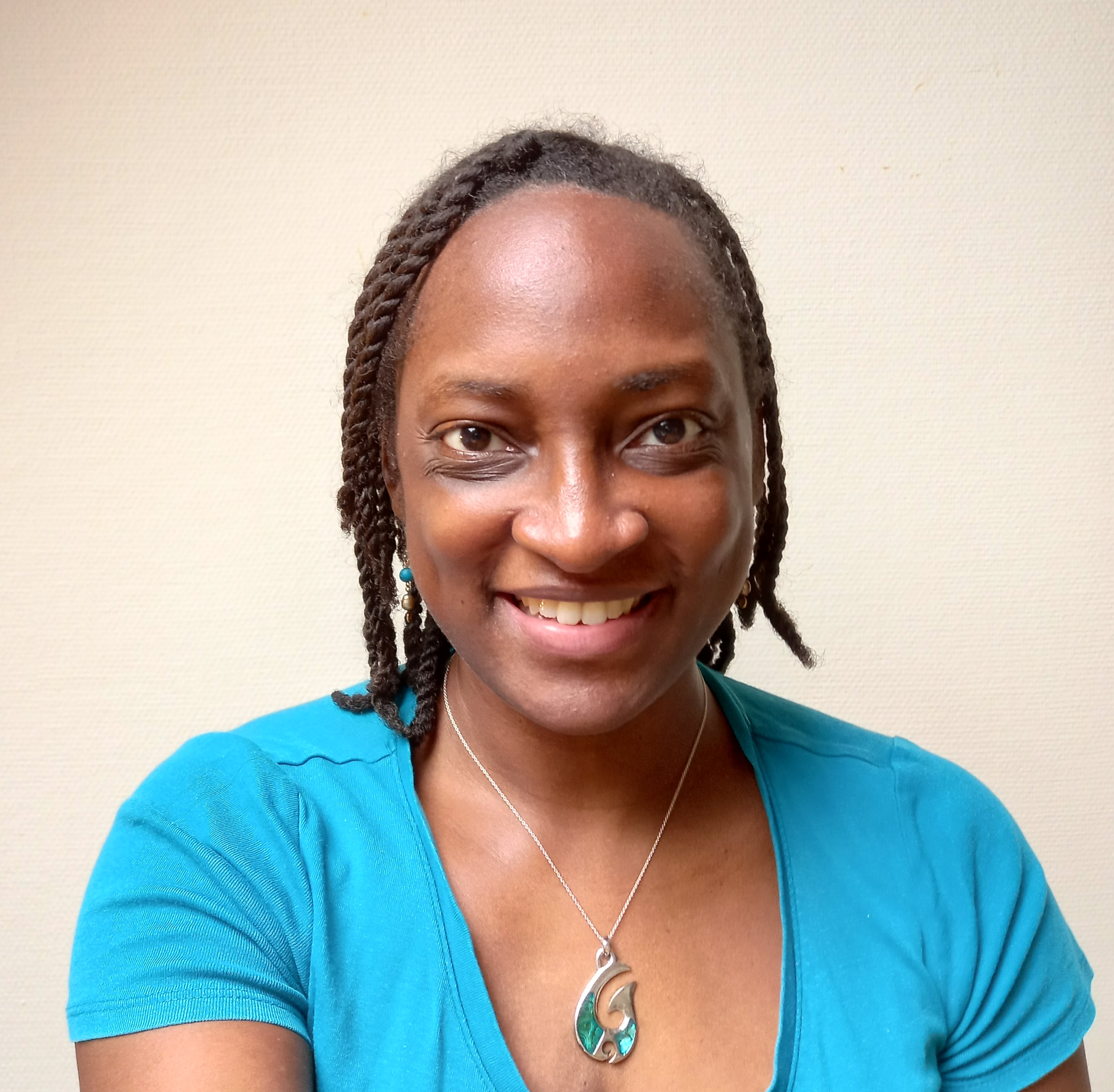
GH site: Botswana
Summarize what you’ve done since graduating residency: After residency I worked in paediatric urgent care till 2015. I began working with MSF (Doctors without borders) in 2015 and did postings in South Sudan, Tanzania and Papua New Guinea. I also did a short stint outside of MSF in Saipan in the Commonwealth of the Northern Marianas. In 2017, I began working out of the MSF headquarters in Belgium as the paediatric mobile implementing officer and in 2018 transitioned to the role of the paediatric adviser supporting neonatal and paediatric operations for MSF.
How did the Pediatrics/Global Child Health Residency prepare you for a career in global health? The global health residency equipped me with sustained and robust clinical experience in settings similar to where I have been working since then and it showed me great examples of how to strive for and maintain clinical excellence and rigor in challenging or less than ideal circumstances.
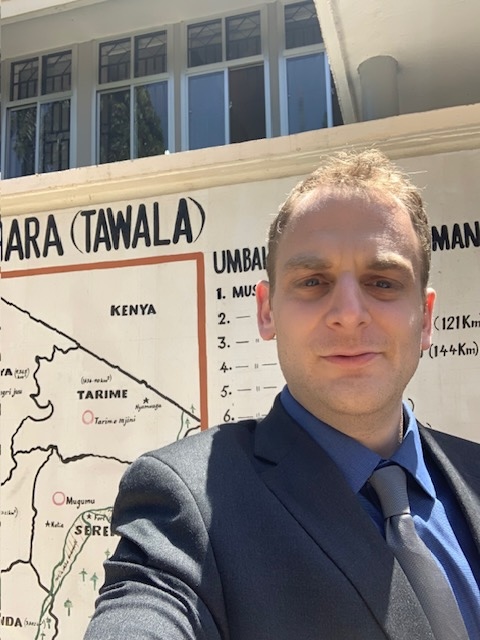
GH site: Lesotho
Summarize what you’ve done since graduating residency: Since graduating BCM/TCH’s unparalleled Pediatrics/Global child health residency I have devoted my career to global and domestic public health. Immediately following residency, I completed a one year Preventive Medicine/Public Health residency at Rutgers NJMS. I then worked at CDC in Atlanta for 4 years (including 2 years in the CDC’s Epidemic Intelligence Service - a 2-year fellowship focused on applied epidemiology and public service). During my time at CDC I worked on a range of impactful pediatric public health issues (both globally and domestically) including violence against children, HIV, TB, and COVID-19. I recently moved up to the Washington DC area and transitioned to a position with the Food and Drug Administration in the Division of Antivirals. At FDA I still focus on public health and help ensure antiviral medications (for important diseases like COVID-19, HIV, etc.) are safe and effective for the public. I also recently commissioned as a Lieutenant Commander in the United States Public Health Service.
How did the Pediatrics/Global Child Health Residency prepare you for a career in global health? My experience in the residency program further inspired me to continue on a career in public health where I can focus my efforts on improving the health of those most in need. The experience also allowed me to gain a unique lengthy on-the-ground experience in a low-resource clinical setting. This gave me the context to understand the reality of what service delivery is like in these settings and informed my ability to advise PEPFAR-supported country programs as a pediatric HIV advisor at CDC. My global health year as a resident was the most memorable experience of my career.
Featured post-residency activities: Preventive Medicine/Public Health residency; CDC Epidemic Intelligence Service; CDC officer working on broad portfolio of domestic and global public health issues; Lieutenant Commander in the United States Public Health Service; Food and Drug Administration.
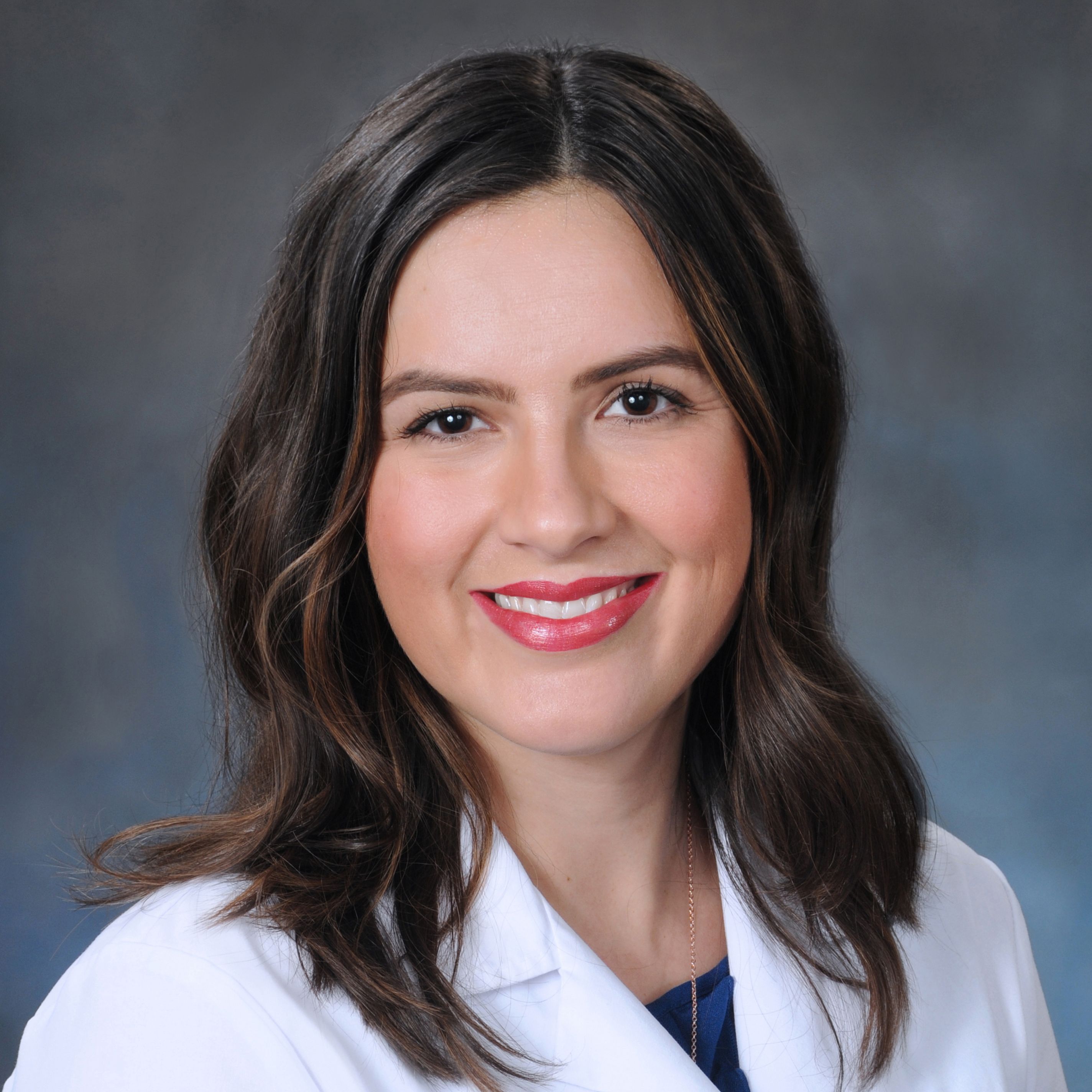
GH site: Uganda
How did the Pediatrics/Global Child Health Residency prepare you for a career in global health? The global child health residency program was career-changing and door-opening. The program offers access to inspiring faculty working across many areas of global health and an unparalleled opportunity to gain longitudinal, boots-on-the-ground clinical experience in a resource-limited setting. My time in Uganda as a resident allowed me to marry my prior experience in international public health with rich clinical experience and confirmed that I wanted to focus my career on global health. It brings me immense joy and pride to now co-lead the residency program that helped shape me into a leader in global child health.
Featured post-residency activities: Pediatric Hospital Medicine attending; Global Hematology Oncology Pediatric Excellence (Global HOPE) Director of Outreach & Advocacy; Chief Medical Officer for Child Health Texas Children’s Global; Co-Program Director for BCM Pediatrics/Global Child Health residency program; Chair of American Academy of Pediatrics Section on Global Health








 Credit
Credit